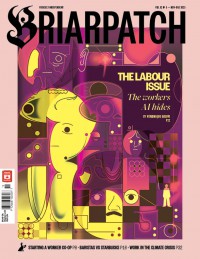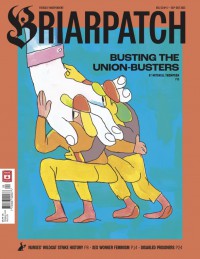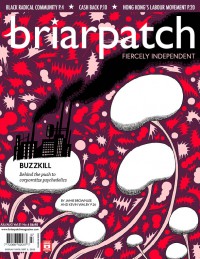-
 Magazine
MagazineFrom the ground up
On the West Coast, agriculture has always taken a back seat to logging, which has generated a lot of money for folks in these company towns. Now, as the export-the-trees-and-import-everything-else economy seems to be running out of steam, there’s renewed interest in small-scale farming as both a way to make a living and as a community resource. And in contrast to the decades of focus on the male-dominated forest industry, this movement is in many cases being led by women.
-
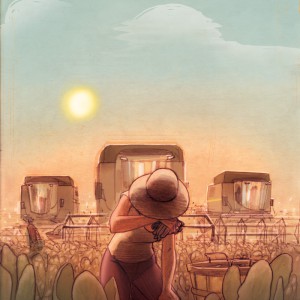 Magazine
MagazineRoom and board
There are three things a farmer can’t live without: a wheelbarrow, a dog and a pry bar.” Maggie called this to me from just outside the barn, where she stood offering me the said pry bar. The dog looked up from where she lay lounging in the shade, and I paused where I crouched, preparing to heave a sizable boulder into the aforementioned wheelbarrow.
-
 Magazine
MagazineLetter from the editor
Health, and the way we manage our collective well-being, is inherently political. As perhaps the most universally relevant topic, health care cuts across lines of class, race, nationality, age, gender and political bent, and has the potential to either unite or polarize, to inspire or enrage. As well as being highly political, health care is also deeply personal, affecting each of us at the most fundamental level of our existence.
-
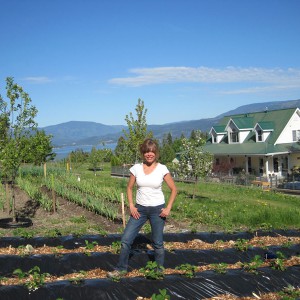 Magazine
MagazineDe-linking from dependency
The concept of indigenous food sovereignty represents a policy approach that extends the concept of food security through honouring the wisdom and values of indigenous knowledge in maintaining responsible relationships with the land.
-
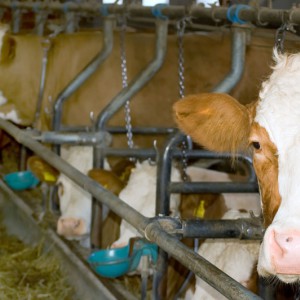 Magazine
MagazineBreeding disease
Many Canadians first learned of flesh-eating disease or necrotizing fasciitis in 1994 when then-Bloc Québécois leader Lucien Bouchard lost his leg, and very nearly his life, to the affliction. Media reports of Bouchard’s brush with death described the disease as “extremely rare.” It was at the time, but has since become more commonplace.
-
 Magazine
MagazineCommodification
Consumer culture is having significant repercussions on our physical and mental well-being. One hormone-injected cheeseburger or the placement of an offensively loud advertisement where a tree once stood will not singularly ruin one’s health. But all of these intrusions into our physical and mental space, experienced routinely and en masse, are devastating to our collective quality of life.
-
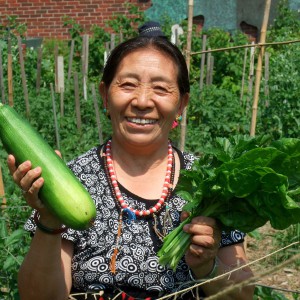 Magazine
MagazineCultivating community
Nestled in a small park in the bustling central Toronto neighbourhood of Parkdale is a community garden project that is improving the health of the environment, the neighbourhood and the gardeners involved by reducing the social isolation and homogenization that often come with gentrification.
-
 Magazine
MagazineLetter from the editor
I’ve undergone 19 years of schooling, but I’d say my real education came the summer after I finished my graduate degree. I spent that growing season, and the next, as part of a frontline literacy program in Ontario, working and living on farms alongside migrant workers from Mexico and the Caribbean, picking tomatoes and sweet corn, priming tobacco, harvesting ginseng.
-
 Magazine
MagazineCupcakes, gender, nostalgia
In the summer of 2009, on a humdrum Edmonton afternoon, three of us went out for cupcakes. Fellow sociologists, knitting buddies and feminist reading group pals, we found ourselves at Fuss, a cupcake, gelato and coffee shop all rolled into one. It was there that we began to ponder the phenomenon of cupcake shops that seem to be popping up everywhere.
-
 Magazine
MagazineWater fight in the Thompson Okanagan
“A lot of people have got their hearts broke, trying to make a living off this land without any water” Wolverine tells me. We are walking down the hill from his house towards a small field planted with flowering squash. His dog, Bingo, trails behind.
-
 Magazine
MagazineFood politics and the tyranny of rights
It’s the end of October in Montreal. About 20 of us have stepped away from what could be the year’s last sunny autumn evening for an opportunity to hear from one of Canada’s most important elder activists and thinkers. Brewster Kneen is in town to talk about his new book, The Tyranny of Rights (Ram’s Horn, 2009).
-
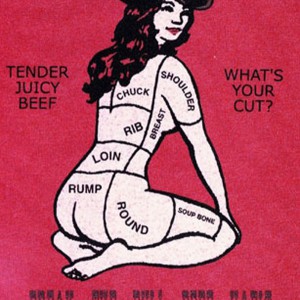 Magazine
MagazineCruising the red meat district
Carol Adams’ The Sexual Politics of Meat is an indictment of the gender politics inherent in a meat-eating culture. It’s also an indispensable resource for those who want to delve into the complex relationship between consumption, hierarchy and domination. With great clarity, Adams lays out the interconnectedness of meat eating and male dominance, of animal oppression and the oppression of women – in short, the sexual politics of meat.
-
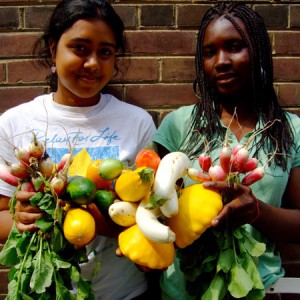 Magazine
MagazineLetter from the editor
From the outbreak of listeriosis in Canada to the eruption of food riots across the global south, from the eating of mud cakes in Haiti to stave off hunger pangs to the growing of Canadian crops to fuel our vehicles, there is perhaps no more politically charged issue today than food – how it is grown, who controls its processing and distribution and who eats what (or who doesn’t eat at all).
-
 Magazine
MagazineFrom the world’s breadbasket to the empire’s fuel tank
In the first half of 2008, Parliament Hill was the scene of a heated battle over the future of agriculture in Canada. The victor’s spoils: Bill C-33, an Act that would amend the Canadian Environmental Protection Act to give the federal government the power to mandate five per cent ethanol content in gasoline and two per cent biodiesel in transportation and home heating fuel.
-
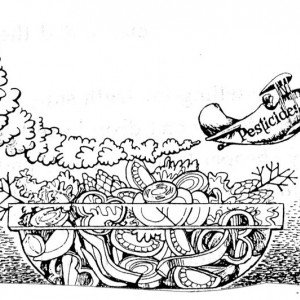 Magazine
MagazineThe small-print revolution
If you are like most people, you don’t wonder much about the foods you pick up at the supermarket. You trust that they’re as straightforward as meat and potatoes, and nothing you’re going to find on the labels is likely to change that.
-
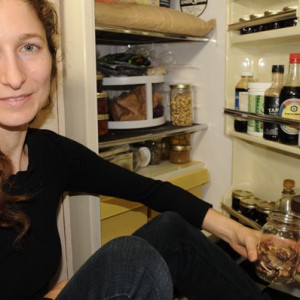 Magazine
MagazineThe activist cookbook
How to make five foods you thought you had to buy, how to can tomatoes, how to live without a fridge… and more!
-
 Magazine
MagazineGenetic modification “inherently unsafe”
Jeffrey M. Smith is the Executive Director of the Institute for Responsible Technology and is an international bestselling author on the health risks of genetically modified foods.
-
 Magazine
MagazineFeeding the world and cooling the planet
They numbered almost 650, from 86 countries and five continents, when they arrived in Maputo, the capital of Mozambique. They were delegates, support teams and special guests of the Fifth International Conference of La Vía Campesina, which took place from October 16 to 23, 2008. To reach Maputo, most of the delegates had made a considerable economic and human effort. Maputo is not a city you get to easily.
-
 Magazine
MagazineLearning from success
Being an activist has a way of teaching you how to lose gracefully. Or, at least, how to lose. In my activist career I’ve worked in many different campaigns on a diverse array of issues, but virtually every single campaign I’ve been involved in has been a losing battle, with the particular problems we were fighting against becoming measurably worse despite our efforts. There has been one exception: the movement to build local, ecologically sound food systems.
-
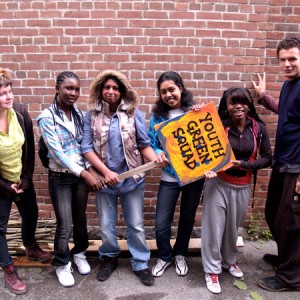 Magazine
MagazineEat, play, live
The origins of Food Not Bombs are somewhat mysterious: some report that a bake sale to benefit the Campaign for Nuclear Disarmament led activists to call for spending on food, rather than bombs; other stories mention a mock soup line being used as street theatre when demonstrators asked the First National Bank of Boston to stop investing in a nuclear power station.

